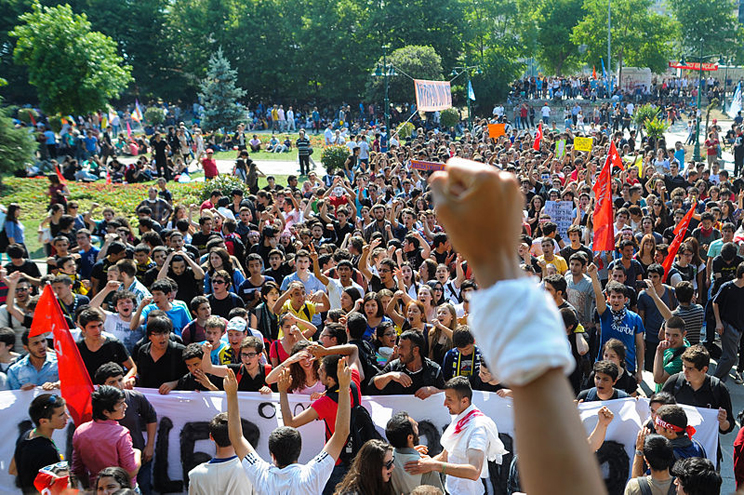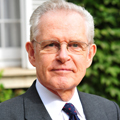Every continent has its share of populist movements, both right-wing and left-wing, but only some actually reach a critical mass of power, while others remain on the sidelines. The term “populist” is frequently used as a political weapon to show disdain for a policy, even when it doesn’t quite fit the definition. This is because populism isn’t just a movement: it’s a strategy that nearly all political parties wind up using, either out of a sense of conviction or out of pure necessity.

What’s behind the recent wave of populist movements? Here are a few reasons that come to mind:
- Economic downturns and the perception of crisis: Economic crises are characterized by inequality and unemployment rates, yet encompass other phenomena like globalization (“foreigners are stealing our jobs”), technology (which favors the wealthier and better educated pockets of the population) and social welfare cuts, among many others.
- Collective frustration and anxiety: These negative emotions run high in poorer communities and increasingly among middle-class populations. Their angst may be summed up as follows: “We did everything right: we went to school, we worked hard and now we’re unemployed. We won’t be able to collect retirement benefits and our kids won’t come close to doing as well as our generation.”
- Increased inequality: “The rich get richer and the poor get poorer” and “The super-wealthy rig the system to make sure their children stay rich, which ruins any chance of upward mobility for the rest of us.” This might not be entirely true, but it doesn’t stop people from believing it.
We seem to be in a transitory phase that will end the day that politicians are capable of designing policies that restore wellbeing and prosperity for everyone. That said, there are deeper factors at play:
- The complexity in social constructs has increased and citizens feel unsettled: “We knew everyone in our hometown, but feel lost in the city” or “We have no idea what’s going on. Other people either don’t know or aren’t willing to explain it to us.”
- Public spending has become technocratic: “The system is full of experts who control everything and always side with the powerful. The people with economic and political clout and the ones who understand what’s really going on have taken over and we’ve been left out in the cold.”
- Corruption, an overall lack of transparency, and the machinations used by political parties have caused government institutions to lose credibility and legitimacy.
- The management of public affairs has been carried out in a less than transparent manner and campaign promises often bear little resemblance with the work that’s done post-election. This might be because important decisions are made at higher levels (in Brussels or Washington) or the result of a silent consensus among the controlling parties.
- There’s nothing new about any of this. It’s a process that has cropped up again and again throughout history. Our individualistic society has eroded the social ties that previously bound us together and we no longer share common objectives, only hundreds of private and personal objectives that we defend tooth and nail against the objectives of others.
In the end, populism isn’t an occasional blip on the screen: it’s a breakdown in the system that demands drastic measures. But how do populist movements gain traction?



that was so good article…thanks for this
Populism is a serious problem nowadays. With development of modern information technologies it became one of the most powerful weapons in hands of people, who want to get support of huge masses of people. Social medias take not the last place in developing populism. Maybe iven the first place, conquering news media. Such things like twitter and facebook maybe the cause of unpredictable decisions on elections. The great example are last elections of the president in USA. I wrote a term paper on this topic for essay help by Smat Paper Help, so I know what I’m talking about.
It’s hard for Brussels 🙁
Thank you for a really good piece of information. I do completely agree, that it is a real disaster for people. My cousin wrote very informatively essay with about populism.
Thanks for this article